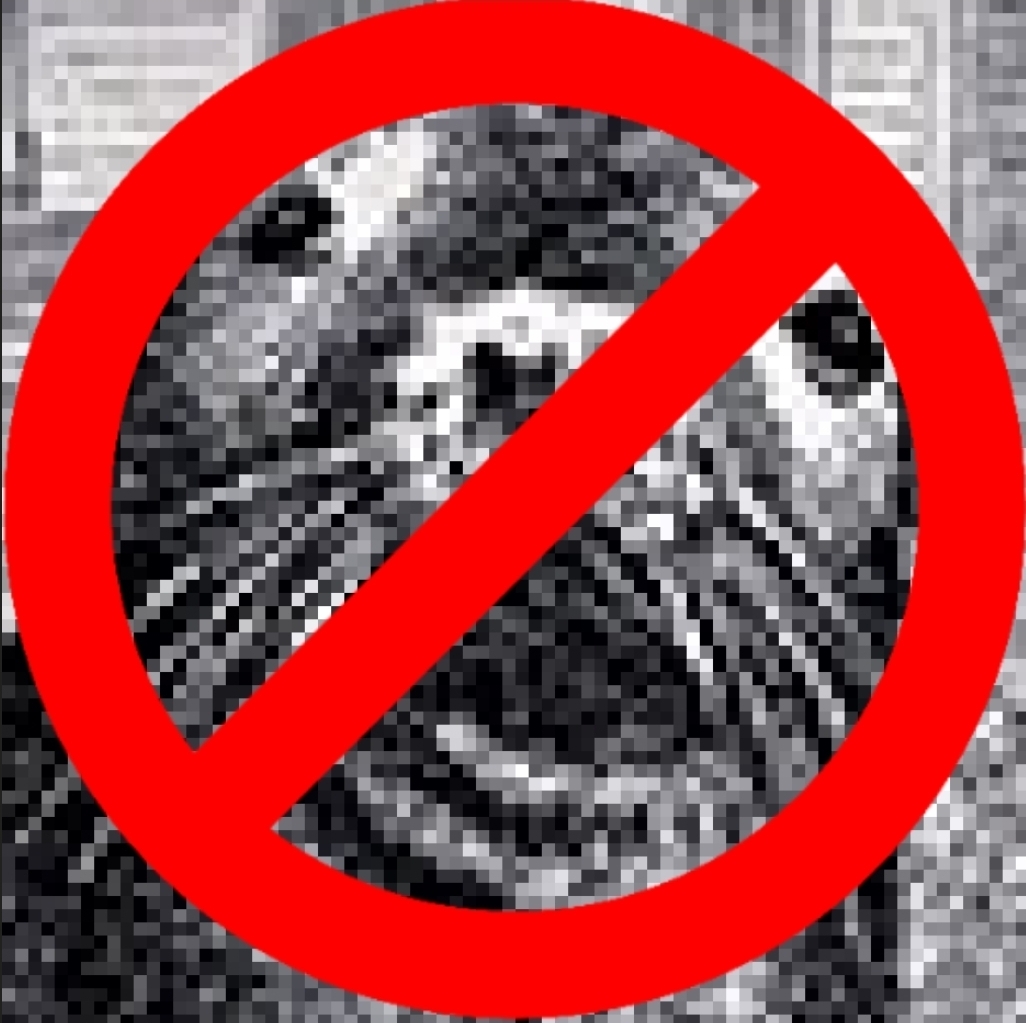

Didn’t they start wars in Iraq and Libya too?


Didn’t they start wars in Iraq and Libya too?


Hopefully NATO isn’t stupid enough to take on anyone either


Do you understand the difference?
Yes, but you don’t. You’re promoting cutting off an entire group of viewpoints all on the flimsy justification that there are some shitty people and trolls on .ml (just block the bad users on your own ffs).
Defederating will create echo chambers across the fediverse where dissenting voices aren’t heard by people who really need to consider a contrary opinion. That’s censorship. Sure technically each individual user could go make a new account wherever they please, but that’s an extra step and it’s easier to police any dissent that trickles in. Don’t tell me that’s not censorship, I’m not stupid.
It’s nice the fediverse doesn’t have centralized control, (otherwise the tankies that built it would have banned everyone), but this place will ultimately produce nothing useful for society since it’s devolving into isolated echochambers where people go to get intellectually jerked off when they feel sorry for themselves.


Did this leak happen before or after NYT published an investigation detailing how Israeli forces were raping and torturing defenseless Palestinian detainees brought in from the Gaza Strip?


Why is there a red-scare on Lemmy? I’m admittedly a bit of a suspicious person, but the concern about .ml and the suggestion to defederate seems manufactured. I struggle to believe a bunch of “liberals” on .world are so butthurt by the meanies on .ml that they need to censor them completely. It just seems astroturfed.


I bet an AI could do it


Bah, the data is on their websites, figure out how to collect it.


Civ6 has districts. Instead of having all of a city’s buildings existing in the city center tile, the city builds specialty districts that occupy a hex near the city. For example, a science district placed near some mountains will house the city’s library, university, and research lab.
I think the districts are a fun addition because it exposes a civ’s infrastructure to attack. You can pilliage an opponent’s districts to temporarily cripple them and you get some decent loot in the form of gold, science, culture, or faith.


Why is there not an app that tells you which grocery stores have the best prices? I should be able to give it a list and it’ll tell me where to buy each item.
Kiwi farms?


Why are you doing this?


Water can move freely across the membrane, but the stuff that’s dissolved in the water cannot move across the membrane.


No? Water can’t carry anything across the membrane.


We don’t know what molecular mechanism creates the pressure.


No one really knows how osmosis works.


I’d argue a housecat and a bobcat share a similar ecological niche. Haven’t the housecats simply replaced the bobcats that were largely removed by humans?


Wild Cats Of North America:
Bobcat
Canada Lynx
Puma / Mountain Lion / Cougar
Ocelot
Jaguarundi
Jaguar
Margay


It’s like we’re going back to the pre-internet era but it’s obviously a little different. Before the internet, there were just a few major media providers on TV plus lots of local newspapers. I would say that, for the most part in the USA, the public trusted TV news sources even though their material interests weren’t aligned (regular people vs big media corporations). It felt like there wasn’t a reason not to trust them, since they always told an acceptable version of the truth and there wasn’t an easy way to find a different narrative (no internet or crazy cable news). Local newspapers were usually very trusted, since they were often locally owned and part of the community.
The internet broke all of those business models. Local newspapers died because why do you need a paper when there are news websites? Major media companies were big enough to weather the storm and could buy up struggling competitors. They consolidated and one in particular started aggressively spinning the news to fit a narrative for ratings and political gain of the ownership class. Other companies followed suit.
This, paired with the thousands of available narratives online, weakened the credibility of the major media companies. Anyone could find the other side of the story or fact check whatever was on TV.
Now what is happening? The internet is being polluted with garbage and lies. It hasn’t been good for some time now. Obviously anyone could type up bullshit, but for a minute photos were considered reliable proof (usually). Then photoshopping something became easier and easier, which made videos the new standard of reliable proof (in most cases).
But if anything can be fake now and difficult to identify as fake, then how can you fact check anything? Only those with the means will be able to produce undeniably real news with great difficulty, which I think will return power to major news companies or something equivalent.
I’m probably wrong about what the future holds, so what do you think is going to happen?


Hum, this seems like the better route. My bidet flosser is inconvenient.
Okay so NATO waits until a NATO member or members start something, then they join?